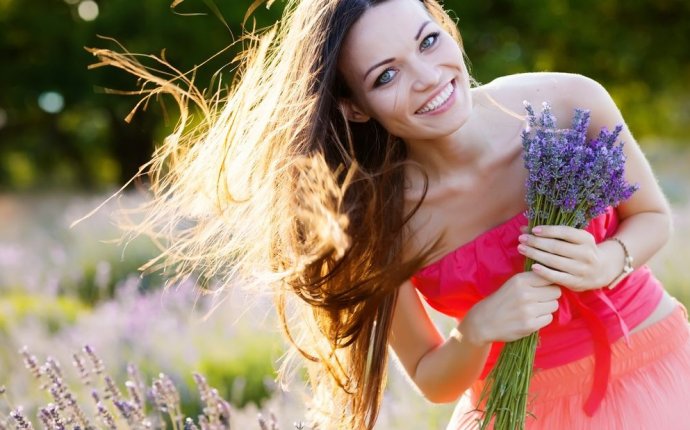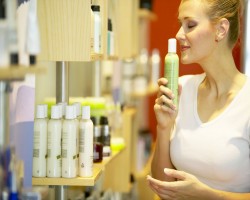
In-Kind Space Research
 To date, the Russian cosmetics market is among the largest and most promising in Europe. Its development, albeit with a delay of several years, is driven by the same trends as those of Western countries. One of them is a module for all natural and environmentally sound. For example, in 2011-2012, Russian consumers began to show a keen interest in natural cosmetics, which resulted in an average growth of 30 per cent in subsequent years.
To date, the Russian cosmetics market is among the largest and most promising in Europe. Its development, albeit with a delay of several years, is driven by the same trends as those of Western countries. One of them is a module for all natural and environmentally sound. For example, in 2011-2012, Russian consumers began to show a keen interest in natural cosmetics, which resulted in an average growth of 30 per cent in subsequent years.
The economy of eco-space in Russia has so far been small and, like the cosmetic industry as a whole, largely dependent on imports. The most popular are the products of western brands such as Yves Rocher, L`Occitane, Lush, The Body Shop, which contain a wide range of natural raw materials. At the same time, large domestic players are present in the market. Note should be taken of the Natura Siberica Cosmetics from First Decision, which was the first in Russia to receive ECOCERT and ICEA certificates. The product is an average price segment and is a strong competitor of foreign brands.
The Russian market for natural cosmetics is generally very accessible to the mass consumer. In addition to the luxury-segment, bio products are increasingly being supplemented by mass-market brands. While the share of organic cosmetics in Russia is still estimated at only 1 per cent of the total, market representatives note that, even in a crisis, the growth of this segment will continue but will not exceed 10 to 12 per cent.
Another trend in recent years has been the South Korean cosmetics. As it appeared on the Russian market in 2009-2010, in a few years, it had travelled from small Internet sites with a system of prediction to a full presence on the shelves of large parfumeral cosmetics networks. South Korea ' s merchandise imports in 2014 amounted to $7.0 million, four times more than in 2011.
The reason for this success lies not only in the naturality of these funds but also in price policy: many Korean creams and lotions contain up to 90 per cent of natural ingredients, but at a cost far away from luxury western funds.
The most popular brands in Russia are Mizon, Missha, Tony Moly, Holika Holika. They all represent the mass-market segment, but they also share expensive funds. The class award is widely presented by two brands, Sulwhasoo and O HUI.
Experts estimate that the presence of Korean cosmetics in the Russian market should continue to increase in the coming years, as interest has already shifted from reasonable consumer demand.









